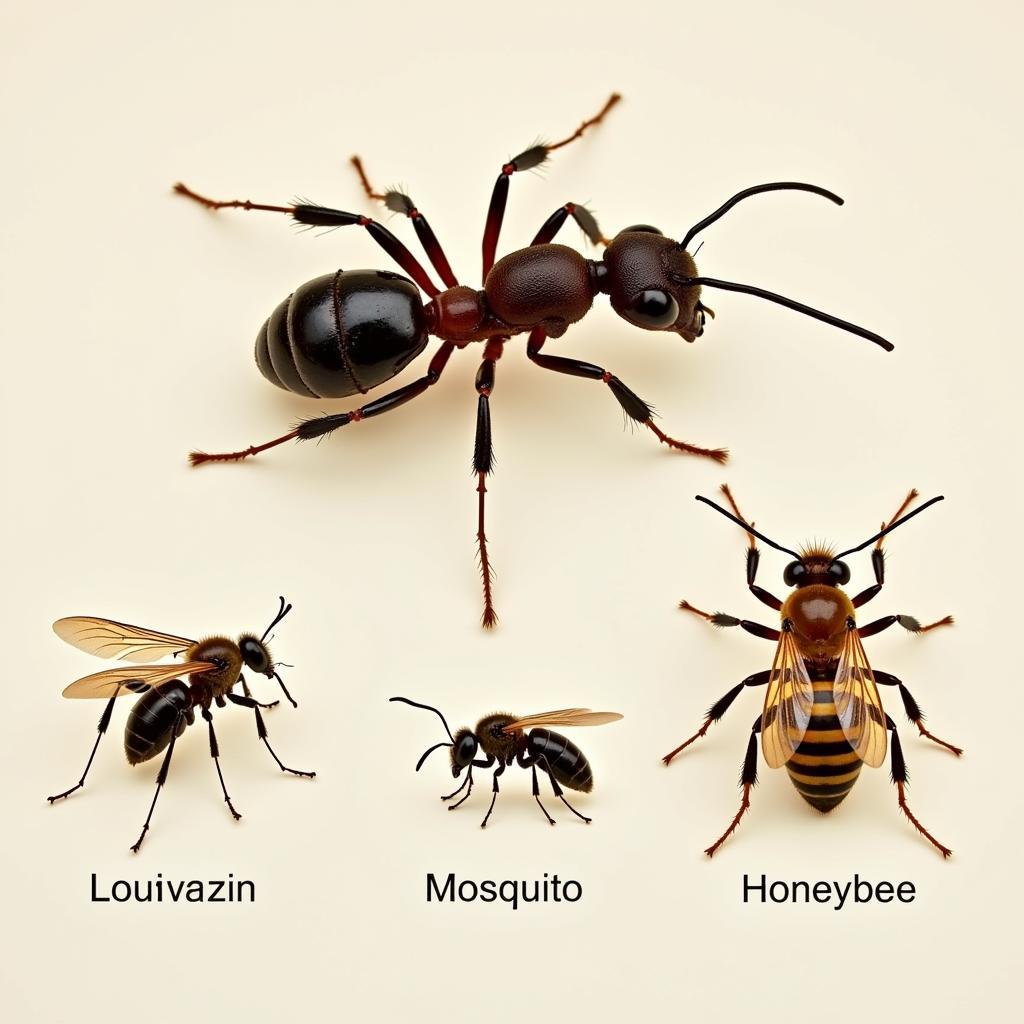Exploring African Immunity to Coronavirus
The concept of “African Immunity To Coronavirus” sparked significant interest early in the pandemic. While initial observations suggested potential differences in disease progression, it’s crucial to approach this topic with scientific rigor and avoid generalizations. This article delves into the complexities of immune responses in Africa, considering various factors influencing COVID-19 outcomes.
Factors Influencing COVID-19 Outcomes in Africa
Early in the pandemic, some speculated about inherent “african immunity to coronavirus.” However, this notion is overly simplistic. While genetic factors might play a minor role, other factors likely contribute more significantly to observed differences in COVID-19 severity and mortality. These include:
- Demographics: Africa’s young population, with a median age significantly lower than in many other regions, likely played a role in lower reported severe cases and deaths. Younger individuals generally experience milder COVID-19 symptoms.
- Prior Exposure to Other Coronaviruses: Exposure to other coronaviruses, which cause common colds, could potentially offer some cross-immunity, reducing the severity of COVID-19 infection.
- Environmental Factors: Climate, sunlight exposure, and other environmental factors could influence virus transmission and disease progression.
- Healthcare Access: Limited access to healthcare resources and testing capacity in some African countries may have resulted in underreporting of cases and deaths.
- Behavioral Factors: Adherence to public health measures like mask-wearing and social distancing could also have impacted transmission rates.
Debunking the Myth of Inherent African Immunity
The idea of a widespread, inherent “african immunity to coronavirus” lacks scientific basis. Genetic diversity exists within Africa, just as it does globally, and attributing different outcomes solely to genetics oversimplifies a complex situation. Research continues to explore the interplay of various factors influencing COVID-19 outcomes across different populations.
What Role Does Genetics Play?
While genetics may contribute to individual variations in immune responses, it’s crucial to avoid generalizations about entire populations. Research is ongoing to understand the specific genetic factors influencing susceptibility and severity of COVID-19.
“Genetic factors are just one piece of a complex puzzle,” explains Dr. Abimbola Adebayo, a leading infectious disease specialist in Nigeria. “Attributing differences in COVID-19 outcomes solely to genetics ignores the multitude of other factors at play.”
The Importance of Continued Research
Continued research is essential to fully understand the complexities of “african immunity to coronavirus.” Studying the interplay of genetic, environmental, and socioeconomic factors will provide valuable insights into disease patterns and inform public health strategies.
Addressing Health Disparities
Focusing on improving healthcare infrastructure, access to testing and treatment, and public health education is crucial for mitigating the impact of COVID-19 and future pandemics in Africa.
“Investing in robust healthcare systems is paramount,” states Dr. Fatima Mohamud, a public health expert in Kenya. “Addressing health disparities and ensuring equitable access to care are crucial for protecting vulnerable populations.”
Conclusion
While initial observations sparked discussions about “african immunity to coronavirus,” it’s important to move beyond simplistic explanations. A complex interplay of factors, including demographics, prior exposure to other coronaviruses, environmental influences, and healthcare access, likely contributes to observed differences in COVID-19 outcomes. Continued research is vital for understanding these complexities and developing effective public health strategies. Focusing on addressing health disparities and strengthening healthcare systems is crucial for mitigating the impact of COVID-19 and future pandemics in Africa.
Need support? Contact us 24/7: Phone: +255768904061, Email: [email protected], or visit us at Mbarali DC Mawindi, Kangaga, Tanzania.




